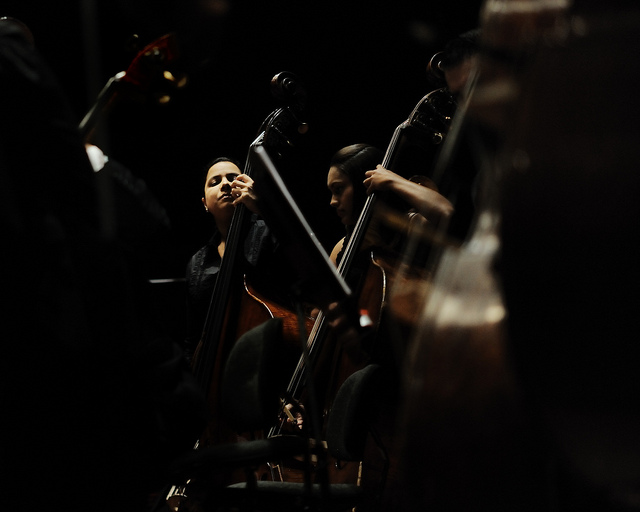Identity Thieves // Hosea Week 5
The best day of eighth grade was when I accidentally knocked Nathan Daley with my viola case, and he scoffed and called me an “orchadork.”
I had finally made it.
At last week’s Hosea study, Rebecca pointed out that God’s people were making idols out of a temporary identity.
I never made an idol out of an identity, but I sure made an idol out of finding one. The more questions people asked me, the more I realized I didn’t have one. And it started to bother me.
“Where are you from?”
“Well, I had a Greencove Springs address but a Middleburg phone number.”
“What race are you?”
“I’m biracial.”
“So what kind of guys do you like then? Black guys or white guys?”
“I don’t think that has anything to do with–”
“Are you smart?”
“I don’t know. I’m in the high flyer program.”
“What’s that?”
“It’s when you take the same classes as the smart kids, but aren’t labeled a smart kid.”
“Bummer. Are you democrat or republican?”
“Well, I’m disaffected.”
“What does that even mean? Are you broken?”
“Probably.”
“I’m sorry. What did you say your name was again?”
While most of my generation rebelled against being defined and fit into a label, I craved it. I wanted an identity because I thought identity would bring community.
So you can imagine that when Nathan called me an orchadork, what he really did was tell me that I was part something.
That’s the day I decided I would be a musician.
I would play in the orchestras of Broadway shows. I would travel with the same violists and consistently be second chair viola. I would be whimsical and intelligent and romantic. I carried this dream through ninth grade.
But guess who wasn’t in it for community?
Anderson High School orchadorks.
I made a better friend with the girl who got kicked out of school for punching the principal in the face than with any of the kids in the AHS orchestra program.
In the last post, I discussed how the scene in John 21 helped the disciples recognize Jesus because of an inside story they shared together. Going further in the scene, in verse 12, it says “None of the disciples dared ask him, ‘Who are you?’ They knew it was the Lord.”
God’s identity is not temporary. It’s not swayed by Anderson High School or the part of the FCAT that asks you to pick one race. It’s not broken by a lack of community, a political partisan leaning, or a god who corrupts His people.
My prayers to God have been reeked with the pursuit of an identity in school, men, my family, or CCW. And the more I become discouraged when I can’t find it, the more I turn to God and question His identity.
A God with fleeting identities is a God unrecognizable.
The day we put our identity in Him is the day we can stop asking “Who are you?”
Because on that day, we will know it’s the Lord.


Leave a Reply